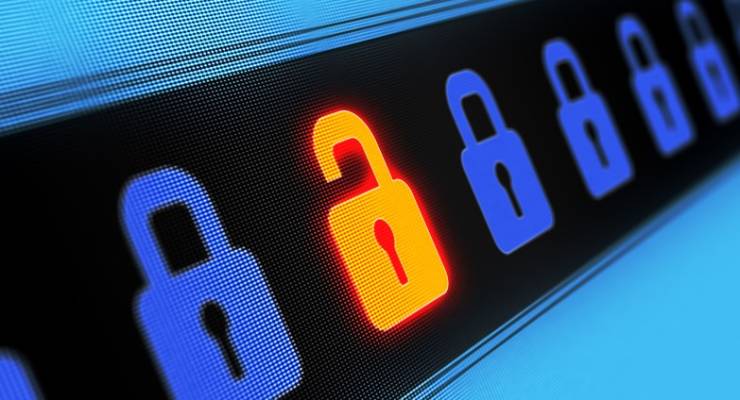
“Change the rules, Up the game” is the thrilling, if heavily workshopped, slogan for #Cybercon, the Australian Cyber Conference 2019 being held in Melbourne this week. It’s organised by the Australian Cyber Security Centre (ACSC) — the government cyber security coordination agency — and AISA, the IT professional peak body.
ACSC has taken the slogan to heart. It issued last minute bans on two key conference speakers, Dr Suelette Dreyfus and Thomas Drake. The University of Melbourne’s Dreyfus is one of Australia’s leading academics on information technology and whistleblowing, with a global reputation stemming partly from her 1997 classic Underground: Tales of Hacking, Madness and Obsession on the Electronic Frontier. Drake is a US Air Force and Navy intelligence veteran and major National Security Agency whistleblower from the Obama era, who helped expose the multi-billion dollar disaster that was the Trailblazer project.
Both were confirmed to speak at the conference back in 2018. As recently as September 17, conference organisers were emailing Dreyfus thanking her for her participation and offering information about how her session would run. Organisers even used Dreyfus’ face in advertising for the event.
Then, a week before the conference, both were told they would no longer be speaking, with both being told their speeches were considered “incongruent” with other conference content.
The ACSC is run by the Australian Signals Directorate — that’s the formerly military spy agency in charge of cyber security, which has ineffectually presided over a dramatic escalation in cyber attacks on Australian governments agencies and businesses in the last year. It seems that, out of all the topics that would be discussed at Cybercon, whistleblowing was unacceptable to ASD — although, embarrassingly, the spooks didn’t actually bother reading their own conference speaker list until the eve of the event.
However “incongruent” the content of their presentations may have been — although, erm, Dreyfus was banned even before organisers saw a copy of her address — censoring them is entirely “congruent” with the Australian government’s policy toward whistleblowers: it currently is undertaking two known prosecutions of whistleblowers who have revealed serious wrongdoing, while also pursuing Witness K and lawyer Bernard Collaery over the exposure of ASIS’ crimes against Timor-Leste.
It has also sent police to raid a journalist’s home, media outlets and opposition politicians’ offices. Censoring the contributions of an eminent whistleblowing expert, and a major whistleblower who is also an intelligence veteran, makes perfect sense in the Australian police state.
The ACSC was approached for comment but did not respond by deadline.








“The ACSC was approached for comment but did not respond by deadline.”
I’m shocked! 🙂
Perhaps it’s about time for an alt #Cybercon
And remember that these paranoid numpties in the ASD advise this paranoid Muppet government on new and more repressive ways to keep its incompetence and mendacity secret. That Australians are not angry about these naked attacks on or liberties is at least one reason ‘we’ voted Muppet. Prime Muppet’s quip that he is comfortable that our laws are being enforced against whistleblowers and journalists only proves the law is undemocratic. That is the Muppet way.
The only whistleblowers this government and their Walter Mitty lick-spittle lackeys can abide are dog-whistle-blowers.